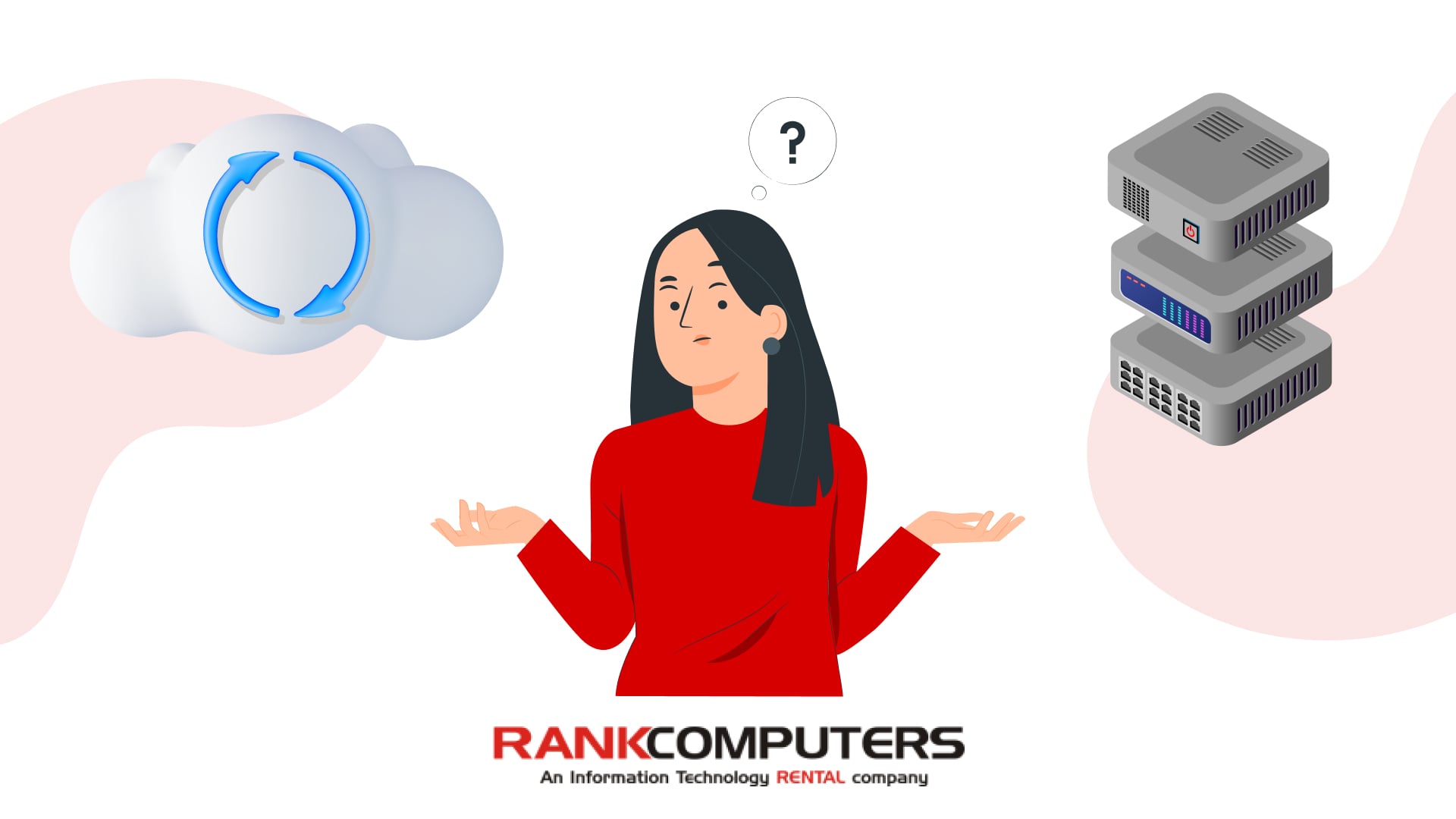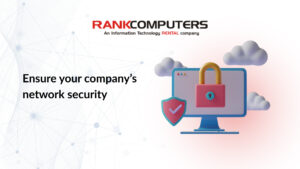As an IT professional, one of the biggest decisions you’ll need to make for your company is whether to use cloud or on-premises servers. While cloud servers have become increasingly popular in recent years, on-premises servers still have their advantages. In this blog post, we’ll compare the two options to help you decide which is right for your business.
Cloud Servers
Cloud servers are hosted in data centres managed by third-party providers. These servers are accessed over the internet, and businesses pay for the services they use, such as storage, processing power, and bandwidth. Here are some of the advantages and disadvantages of using cloud servers:
Advantages:
- Scalability: Cloud servers offer scalability, which means that businesses can easily add or remove resources as required. This makes it easy for businesses to manage fluctuating demands without overpaying for unused resources.
- High Availability: Cloud servers are designed to offer high availability, which means that they are less likely to experience downtime. This is achieved through redundant hardware, load balancing, and failover mechanisms.
- Geographic Flexibility: Cloud servers can be deployed in different geographic locations, which allows businesses to reach customers in different regions without having to manage multiple data centres.
Disadvantages:
- Limited Control: Since cloud servers are managed by third-party providers, businesses have limited control over their IT infrastructure. This can be a disadvantage for businesses that require a high level of control over their systems.
- Security Risks: Cloud servers are accessed over the internet, which means that they are vulnerable to security risks such as hacking and data breaches. Businesses must ensure that they choose a reputable provider that offers robust security measures.
On-Premises Servers
On-premises servers, on the other hand, are physical servers that are located on your business premises. On-premises servers are hosted locally in a business’s own data centre or server room. These servers are managed and maintained by the business’s own IT staff. Here are some of the advantages and disadvantages of using on-premises servers:
Advantages:
- Full Control: On-premises servers give businesses full control over their IT infrastructure. This means that businesses can customize their systems to meet their unique needs.
- Security: On-premises servers are not accessible over the internet, which means that they are more secure than cloud servers. This can be a significant advantage for businesses that deal with sensitive information.
- Customizability: On-premises servers can be customized to meet the specific needs of a business. This can include specialized hardware, software, and IT infrastructure.
Disadvantages:
- Cost: On-premises servers require a significant upfront investment in hardware, software, and infrastructure. This can be a disadvantage for small to medium-sized businesses that cannot afford the initial cost.
- Maintenance: On-premises servers require dedicated IT staff to manage and maintain them. This can be a disadvantage for businesses that do not have the resources to support an in-house IT team.
Cloud vs On-Premises Servers:
To help you decide which option is best for your business, we’ve created a table that compares cloud and on-premises servers based on key factors.
| Factor | Cloud Servers | On-Premises Servers |
| Scalability | High | Low |
| Cost | Pay as you go | Upfront investment |
| Accessibility | High | Limited |
| Control | Limited | High |
| Security | Dependent on provider | High |
| Reliability | Dependent on provider | High |
As you can see from the table, cloud servers are more scalable and accessible, while on-premises servers offer more control, security, and reliability. The choice ultimately depends on your specific business needs and preferences.
Which Is Right for Your Business?
Ultimately, the decision between cloud and on-premises servers comes down to a trade-off between control, flexibility, and cost. As an IT professional, it’s crucial to weigh the pros and cons carefully and make the decision that is best for your organization.
- Budget: If cost is a major factor, then you should consider IT rentals and that’s where Rank Computers come in as they provide high-quality rental servers at flexible prices.
- Security: If you have strict security requirements, on-premises servers may be the more secure option.
- Scalability: If you need to be able to scale resources up or down quickly, cloud servers may be the more flexible option.
- Performance: If you require high performance and low latency, on-premises servers may be the better option.
Conclusion
In conclusion, both cloud and on-premises servers have their advantages and disadvantages. While cloud servers offer scalability and cost savings, on-premises servers offer more control and security. Consider the factors we’ve discussed and use the table to make an informed decision that meets the needs of your business.



